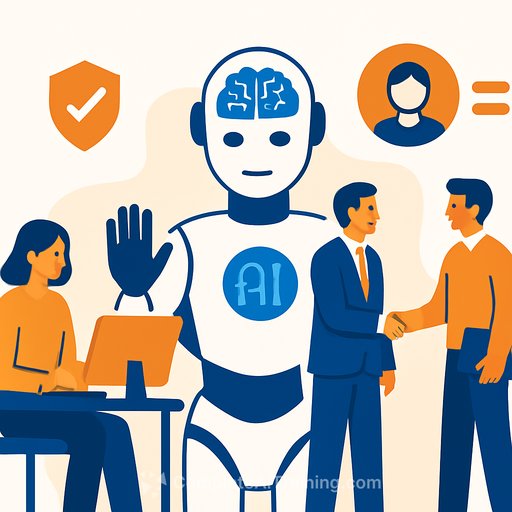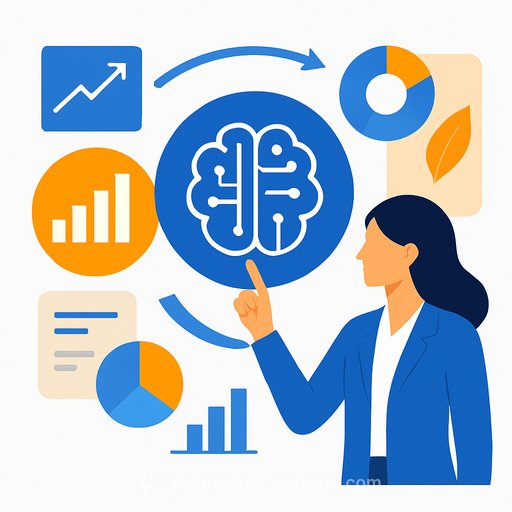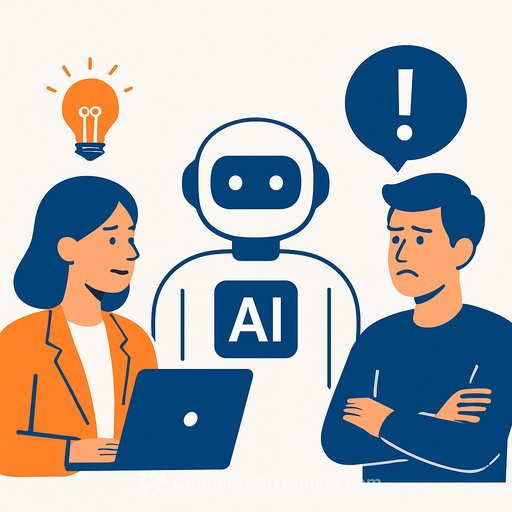AI Adoption Without Job Erosion: Ethical Principles Every Business Must Consider
Generative AI is now a standard part of many businesses, prompting companies to publish AI codes of ethics and conduct. These usually address AI usage and data privacy, which are vital. However, ethical AI adoption extends beyond compliance; it influences consumer trust and long-term sustainability.
One key area often overlooked is the impact of AI on human workers. Job losses and exploitative conditions, such as AI content moderation “sweatshops,” have already surfaced. Studies, including one from MIT, suggest that overreliance on AI can also harm human cognitive skills. Despite AI’s capabilities, human oversight remains essential for editing, vetting, fact-checking, and managing AI outputs.
Countering AI Job Erosion
Businesses must address how AI affects employment. Ignoring this risks lowering job quality, displacing workers, and increasing inequality. Instead, AI adoption should strengthen job security, skill-building, and trust. The principle of “humans in the loop” encourages AI to augment, not replace, human roles. This approach sustains meaningful connections with employees and customers while reducing ethical risks.
Upskilling the workforce is crucial. Organizations need to prepare employees to manage, teach, and integrate AI into daily workflows, ensuring no one gets left behind. Career resilience requires anticipating AI’s impact on specific jobs—especially entry-level roles—and investing in relevant skills. These include confidence in using generative AI tools and the ability to critically assess AI outputs for accuracy.
Understanding how generative AI functions is a foundational skill, but preventing over-dependence is equally important. Teams must avoid blindly accepting AI-generated analysis without applying their experience to make well-rounded decisions. Efficiency gains from AI should be shared with employees through career advancement or better compensation in higher-value roles.
Beyond Jobs: Other Ethical Considerations
Ethical AI use goes beyond internal staff to the entire AI value chain. Accountability means protecting the welfare and dignity of everyone who interacts with AI tools. Inclusion matters, too—AI must be unbiased and locally relevant. For example, some companies use accent-neutralizing software to speed training in call centers. This raises ethical questions about cultural respect and the impact on workers' identities.
As AI becomes more widespread, maintaining a focus on ethics and accountability is essential. Companies that commit to keeping humans central in AI processes build stronger, more responsible practices. Principles like accountability, transparency, inclusion, enablement, resilience, redistribution, and protection create a framework for ethical AI adoption.
For executives and strategy leaders seeking to align AI initiatives with ethical standards and workforce stability, exploring comprehensive AI training resources can be an effective next step. Platforms like Complete AI Training offer courses designed to build practical AI skills while emphasizing responsible use.
Your membership also unlocks:






